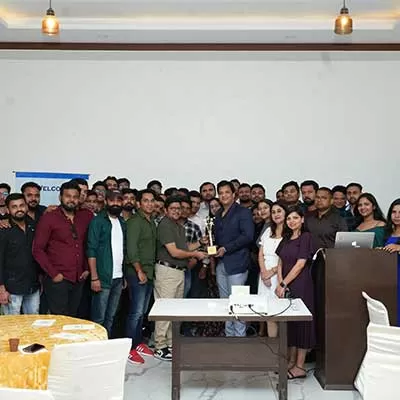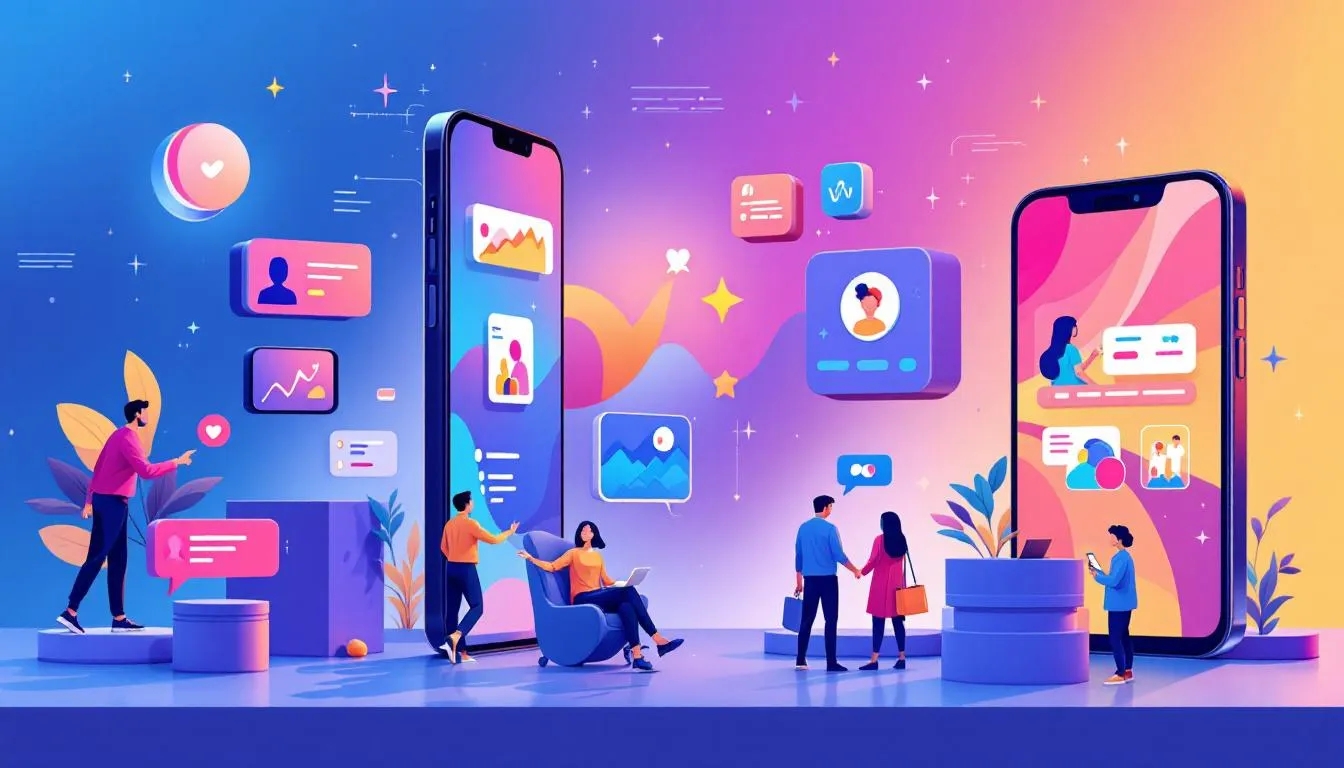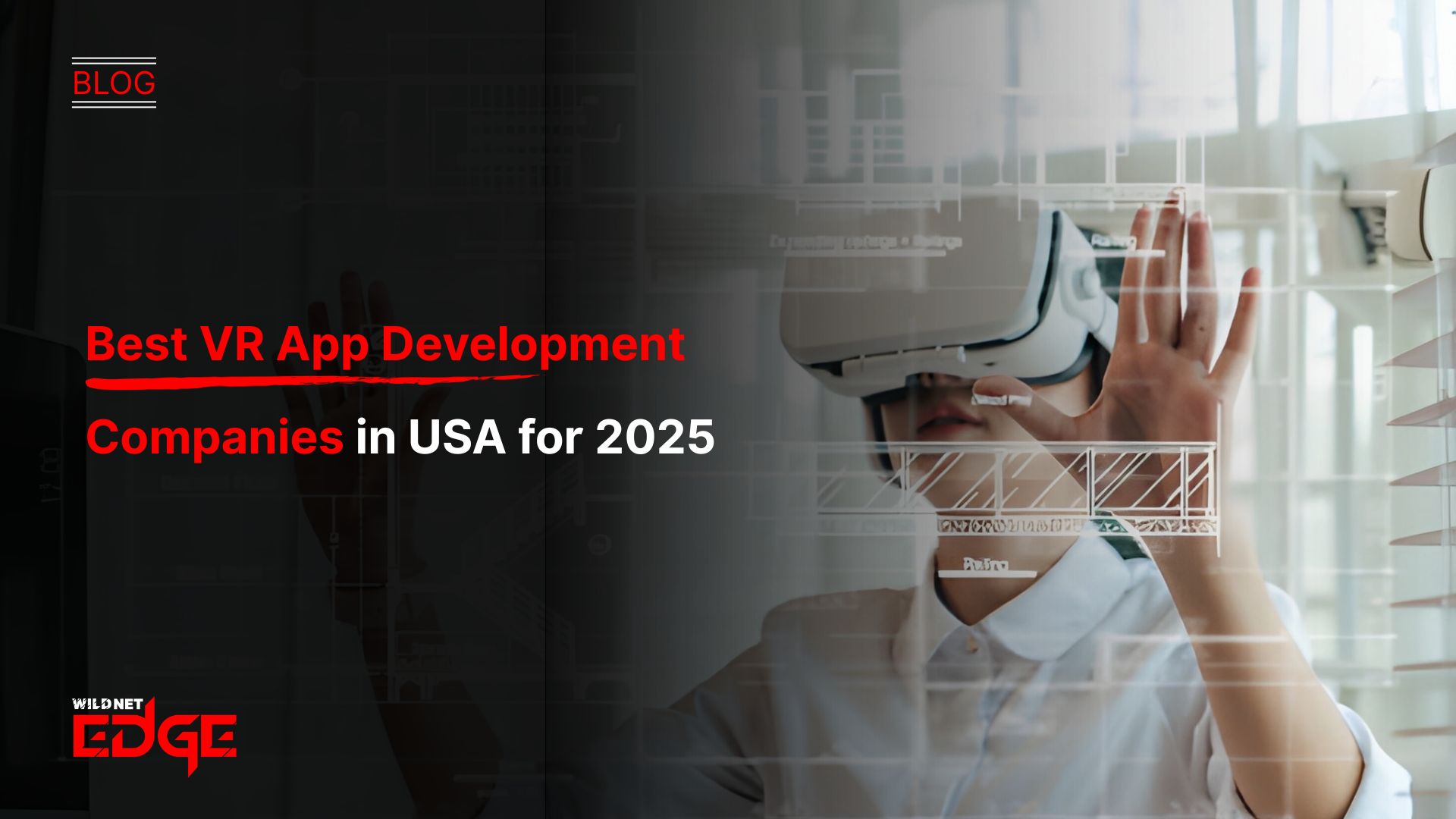Struggling to keep up with your competitors using outdated tech? Wondering how AI can transform your business? An AI software developer might be the missing piece to unlock faster decision-making, smarter automation, and personalized customer experiences. Stick around, and I’ll show you exactly what an AI software engineer does—and why your business can’t afford to wait before hiring one.
What Does an AI Software Developer Do?
An AI software developer specializes in designing, building, and maintaining intelligent systems that mimic human capabilities like learning and problem-solving. Their core responsibilities revolve around transforming raw data into actionable insights and scalable AI-powered applications.
Here’s a closer look at what their daily work entails:
- Designing and developing AI models and algorithms: The backbone of AI development lies in creating various models that enable machines to understand patterns, recognize images, or process natural language. AI software developers formulate these algorithms, tailoring them to solve specific business problems.
- Implementing machine learning frameworks: Machine learning is at the heart of AI solutions. Developers leverage frameworks like TensorFlow, PyTorch, or Scikit-learn to create, train, and refine models efficiently.
- Testing and optimizing AI-powered software applications: Raw models aren’t enough. AI software engineers rigorously test these models for accuracy and performance, constantly tuning hyperparameters and refining data inputs to maximize effectiveness.
- Collaborating with data scientists and software engineers: AI doesn’t operate in a vacuum. Developers work closely with data scientists to understand the insights and fine-tune models, while also collaborating with software engineers to integrate AI functionality seamlessly into the overall product.
- Ensuring scalability and performance of AI solutions: Deploying AI models to production requires consideration of scalability. AI software developers optimize code and infrastructure to handle growing data volumes and user demands, ensuring responsiveness and reliability.
This multifaceted role requires not only programming expertise but also critical thinking and creative problem-solving skills. Whether it’s developing chatbots that enhance customer support or implementing recommendation engines that drive sales, AI developers are architects of the intelligent capabilities powering today’s innovative products.
Why You Should Hire an AI Developer for Your Business
Hiring an AI developer isn’t just a technical hire; it’s a strategic move that can redefine your competitive edge. Here’s why your business needs one now:
- Enhances automation and operational efficiency: AI software developers automate repetitive tasks, freeing up human resources and reducing errors. For instance, in supply chain management, AI can predict stock needs and optimize logistics.
- Enables predictive analytics and smarter decision-making: AI-powered predictive models forecast market trends, customer behavior, and operational risks, empowering leadership to make data-driven decisions instead of relying on gut feelings.
- Drives innovation in product development: Integrating AI capabilities gives your products features like voice recognition, image processing, or personalized recommendations, leading to better user experiences and differentiation.
- Provides competitive advantage and market differentiation: Businesses that implement AI solutions early capture market share and set industry standards. Whether in finance, healthcare, retail, or manufacturing, AI developers help you leapfrog competitors using novel intelligence-driven features.
- Examples of industries benefiting from AI software engineers:
- Healthcare: AI assists in diagnostics, patient monitoring, and treatment optimization.
- Finance: Fraud detection, algorithmic trading, and risk assessment leverage machine learning.
- Retail: Personalized marketing and inventory forecasting improve customer engagement and profitability.
- Manufacturing: Predictive maintenance powered by AI reduces downtime and operational costs.
Adopting AI with a skilled AI software engineer on your team not only streamlines internal processes but also opens doors to new business models and revenue streams. Waiting to hire one could mean losing out on massive opportunities in 2025 and beyond.
Key Skills and Qualifications of a Machine Learning Software Developer
A top-tier machine learning software developer blends specialized technical knowledge with practical implementation skills. When you hire an AI developer, look for these critical qualifications:
- Strong grasp of machine learning algorithms and data structures: Understanding supervised vs. unsupervised learning, reinforcement learning, clustering, and decision trees is essential. Also, familiarity with efficient data structures helps optimize algorithm performance.
- Proficiency in programming languages like Python, R, or Java: Python remains the most popular language in AI development due to its rich ecosystem of libraries, but R is widely used for statistical analysis, while Java is preferred for large-scale, enterprise AI applications.
- Experience with frameworks such as TensorFlow, PyTorch, or Scikit-learn: These frameworks simplify building complex models. Proficiency ensures faster prototyping and deployment capabilities.
- Understanding of data preprocessing and feature engineering: Raw data is messy. An AI developer must clean, transform, and select relevant features from datasets to enhance model accuracy.
- Knowledge of cloud platforms and AI deployment strategies: Modern AI solutions often run on AWS, Google Cloud, or Azure. Experience deploying models via APIs, containers, or serverless platforms is crucial for scalable production systems.
Beyond these technical skills, soft skills like collaboration, problem-solving, and communication matter. AI developers bridge gaps between business goals and technical execution, translating complex concepts into actionable strategies.
By prioritizing these qualifications during your hiring process, you ensure your AI initiatives are built on a solid foundation of expertise.
Emerging Trends and Technologies in AI Development
The AI landscape evolves rapidly, and 2025 introduces exciting trends shaping what AI software developers work on:
- Growth of AutoML and no-code AI development tools: Automated machine learning platforms simplify model building and tuning, enabling developers to accelerate workflows and focus on innovation rather than routine tasks. No-code tools democratize AI access across business units.
- Integration of AI with Internet of Things (IoT) devices: The convergence of AI and IoT allows real-time data processing at the edge, enhancing applications like smart manufacturing, autonomous vehicles, and intelligent home automation.
- Advances in natural language processing (NLP) and computer vision: Breakthroughs powered by transformers and diffusion models improve language understanding, sentiment analysis, and image recognition, expanding AI’s reach into conversational agents and immersive experiences.
- Increased focus on ethical AI and bias mitigation: As AI adoption grows, developers are more accountable for addressing fairness, transparency, and privacy concerns. Ethical AI practices are becoming non-negotiables in development cycles.
- Remote AI development teams and global talent hiring: The rise of distributed workforces enables businesses to tap into a global pool of AI talent, fostering diverse perspectives and continuous innovation even in challenging times.
Keeping pace with these trends ensures your AI software engineers don’t just maintain existing systems but build future-proof capabilities that adapt to the changing technological landscape.
Conclusion
Hiring an AI software developer is no longer a luxury—it’s a necessity to stay relevant and competitive. From boosting automation to delivering smarter insights, these experts unlock tremendous business value across industries. Their ability to build, optimize, and deploy AI models transforms operations, powers innovation, and elevates customer experiences.
When you’re ready to scale your AI initiatives with confidence, WildnetEdge stands ready as your trusted partner in sourcing and integrating top-tier AI talent. With a deep understanding of AI hiring challenges and access to a global network of skilled developers, WildnetEdge can help your business future-proof its AI capabilities and thrive in the digital age.
Don’t wait—unlock the potential of AI today and gain the competitive edge your business deserves.
FAQs
Q1: What does an AI software developer do for a business?
An AI software developer designs and implements machine learning models that automate processes, analyze data, and improve decision-making, directly boosting business efficiency and innovation.
Q2: How can I hire an AI developer with the right skills?
Look for candidates with strong programming expertise, experience in machine learning frameworks, and a solid understanding of data science principles to ensure they can deliver effective AI solutions.
Q3: What is the difference between an AI software engineer and a machine learning software developer?
While both roles overlap, an AI software engineer often focuses on integrating AI into broader software systems, whereas a machine learning software developer typically specializes in building and training predictive models.
Q4: Why is machine learning important for AI software development?
Machine learning enables AI software developers to create systems that learn and adapt from data, making applications smarter and more accurate over time.
Q5: How do emerging AI trends affect hiring an AI software developer?
Staying aware of trends like AutoML and ethical AI helps businesses hire developers who are proficient with the latest technologies and best practices, ensuring future-ready AI solutions.

Nitin Agarwal is a veteran in custom software development. He is fascinated by how software can turn ideas into real-world solutions. With extensive experience designing scalable and efficient systems, he focuses on creating software that delivers tangible results. Nitin enjoys exploring emerging technologies, taking on challenging projects, and mentoring teams to bring ideas to life. He believes that good software is not just about code; it’s about understanding problems and creating value for users. For him, great software combines thoughtful design, clever engineering, and a clear understanding of the problems it’s meant to solve.
 sales@wildnetedge.com
sales@wildnetedge.com +1 (212) 901 8616
+1 (212) 901 8616 +1 (437) 225-7733
+1 (437) 225-7733































